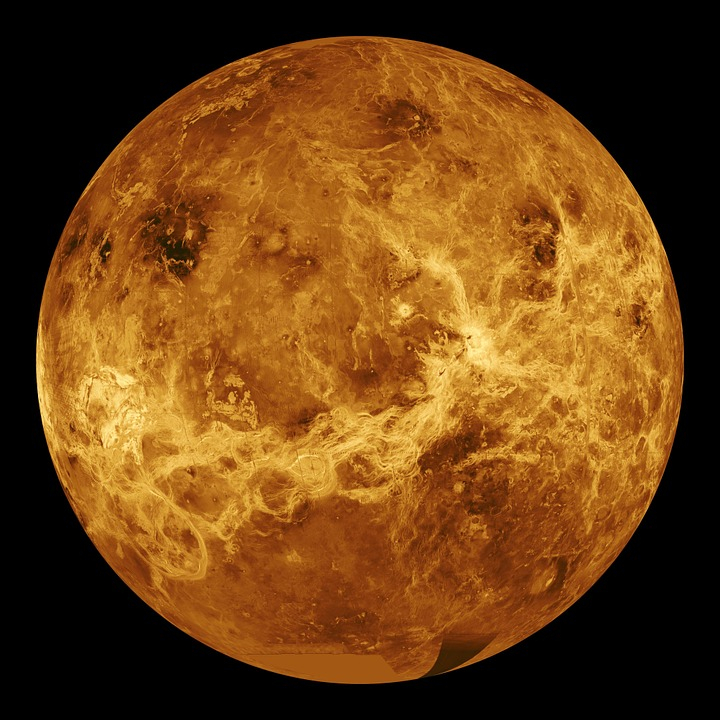In a milestone development, a team of researchers has apparently discovered phosphine on the clouds of Venus. According to space scientists, phosphine might be most probably of biotic origin, and it clearly indicates that alien life at least in its microbial form could be thriving in Venus.
In the press conference, Professor Jane Greaves revealed that microorganisms could be living in the hostile atmosphere of Venus. According to Greaves, phosphine is usually detected where microbes are surviving without the presence of oxygen. During her briefing, the scientist also called Venus a 'living habitat'.
"Measurements of trace gases in planetary atmospheres help us explore chemical conditions different to those on Earth. Our nearest neighbor, Venus, has cloud decks that are temperate but hyper acidic. Here we report the apparent presence of phosphine (PH3) gas in Venus's atmosphere, where any phosphorus should be in oxidized forms," wrote the researchers in their study report which is now available in the Journal Nature.
Greaves also added that the discovery of phosphene in Venus is quite exciting and pretty unexpected.
However, researchers revealed that they are not claiming the presence of alien life on Venus, but are talking about the discovery of phosphene gas which remains a mystery, as it is of biological origin. They also suggested that new chemistry other than biological causes could have also resulted in the formation of the phosphene.
Where exactly was Phosphine found?
"Our twin planet Venus is a hellish world. While the surface is hot enough to melt lead, the temperature drops as you go higher into the clouds, becoming Earth-like in both temperature and pressure by an altitude of 50km, exactly where the phosphine was found. While the temperature is benign the clouds contain sulfuric acid which should break down the phosphine, so something is forming it anew, and as phosphine is associated with life on Earth it is tempting to think it could be life on Venus," said Alan Duffy, an astronomer from Swinburne University and the lead scientist of The Royal Institution of Australia.
Here's an MIT video put up on Youtube and accessed by more than 30,000 viewers already and the press conference of the authorities is likely in a few hours.
[This is a developing story. Updates will be added later]
Several scientists consider phosphine a biosignature, and the chemistry behind the formation of this compound by abiotic causes still remains unknown. Scientists have detected phosphine using the Atacama (ALMA) array located in Chile and the James Clerk Maxwell telescope located in Hawaii.









